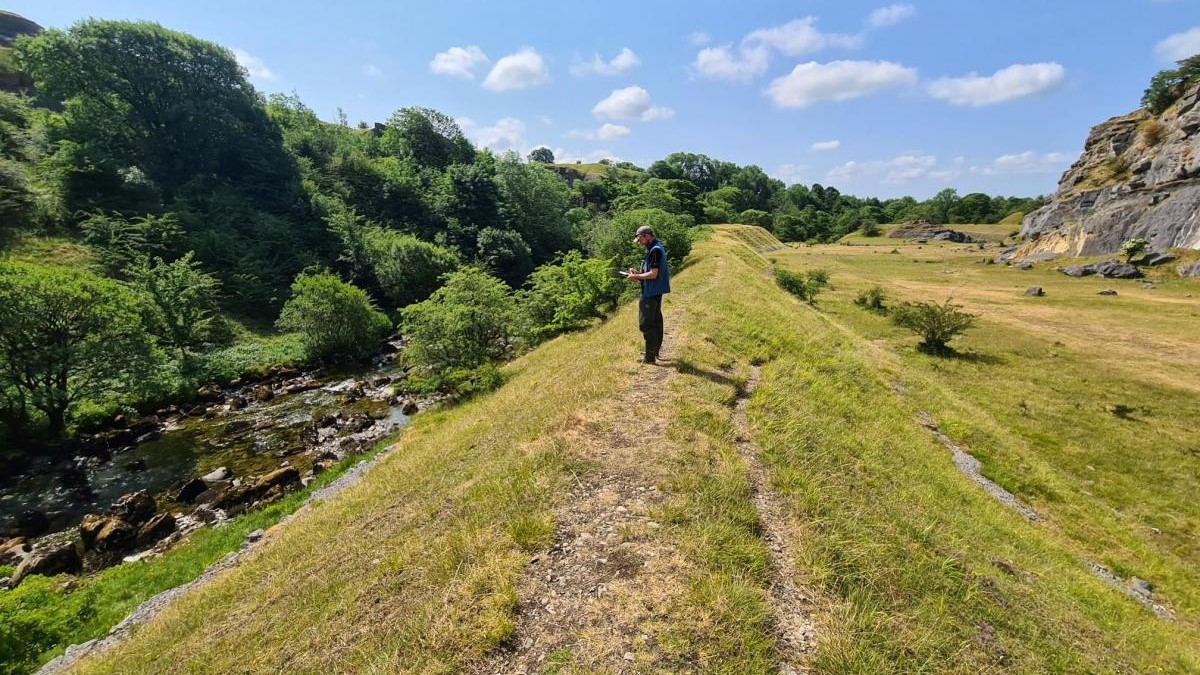Rock-hugging river jelly lichen (Lathagrium dichotomum) has been found thriving along the River Sprint in Cumbria, marking a significant boost for local water quality. River jelly lichen is a species that won’t compromise on habitat conditions, and they will only live in the cleanest of waters.
The discovery, made by teams from the Environment Agency during a routine ecology survey, is the first ever recorded presence of the jelly-like species in the Kent catchment. This discovery demonstrates how important ecological monitoring is.
In recent years, only one other population of ‘Lathagrium dichotomum’ has been reported along the River Eden, though populations do have a small stronghold in the River Lune and some Lake District still-waters.
River jelly lichen is classed as a priority species under the UK Biodiversity Action Plan, and it is believed that there are fewer than 15 populations remaining in England.
Alarmingly, it has already been declared extinct in several other countries, which underscores the pressing need for effective conservation strategies.
River jelly lichen is known for its strict habitat requirements; it flourishes only in freshwater environments with excellent water quality and minimal silt accumulation.
The presence of this lichen indicates that the River Sprint is maintaining the conditions essential for such a sensitive species, which is a testament to ongoing conservation efforts in the region.
Rebecca Ramsden, Analysis and Reporting Team Leader for the Environment Agency said:
“We are committed to protecting and enhancing the biodiversity of our waterways and this exciting discovery is a testament to the importance of rigorous environmental monitoring.
“The River Sprint is proving to support a healthy wildlife community. The excellent water quality is crucial for the survival of the river jelly lichen and other vulnerable species. Going forward, this important finding will help to inspire our future strategies as we work towards sustaining the delicate balance of our local ecosystems.”



